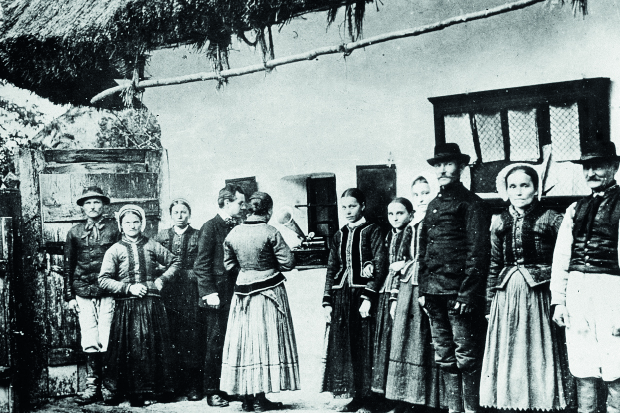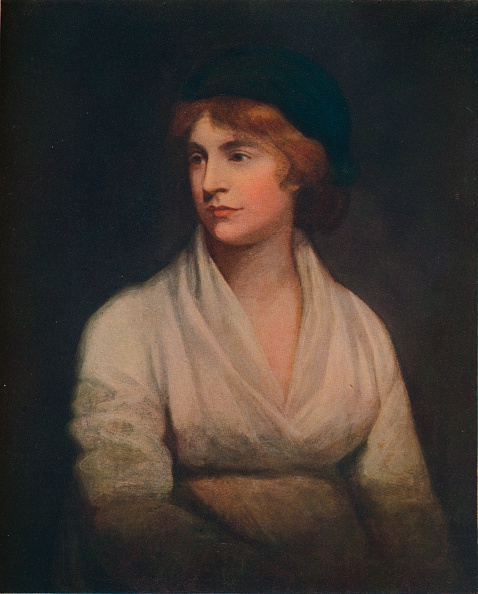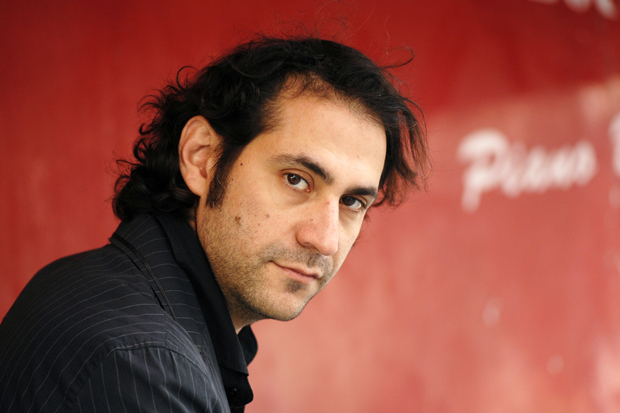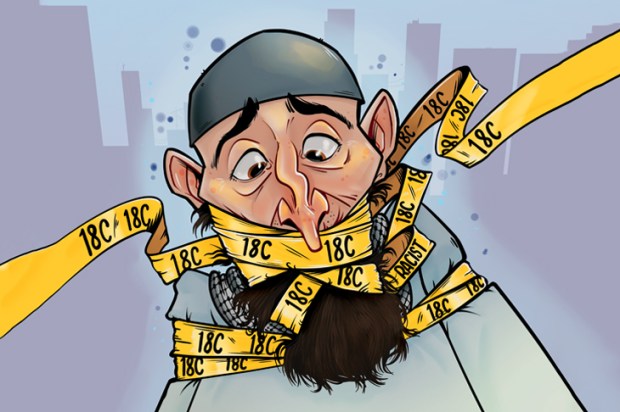‘All my life, always and in every way, I shall have one objective: the good of Hungary and the Hungarian nation.’ Ask any musician for a one-sentence summary of Béla Bartók (1881–1945) and they will probably tell you that he is Hungary’s national composer — a musical modernist who passionately championed his nation’s folk music tradition. David Cooper’s new biography seeks both to enrich and complicate that statement, questioning the definition of musical ‘nationalism’ in a country of such pronounced ethnic heterogeneity, at a time when borders were being drawn and redrawn, peoples created and destroyed, across Europe.
The portrait that emerges is of no mindless patriot, celebrating his nation in primary-coloured musical rhetoric, but of a man whose instincts and allegiances were as plural as his heritage: a true Hungarian composer, certainly — but not as we might hitherto have understood.
Born in Nagyszentmiklós (Great St Nicholas), a provincial town on Hungary’s south eastern border (and what would later become the borders of Yugoslavia, Romania and Hungary after the 1920 Treaty of Trianon), Bartók grew up among Magyars, Romanians, Serbians and Germans in a polyglot culture united only by a collective desire to escape Austrian rule. A brief flirtation with revolutionary nationalism, embodied in the composer’s early symphonic poem Kossuth, might have persisted for a lifetime, had Bartók not encountered the composer Zoltán Kodály (‘the best Hungarian musician,’ Bartók wrote, ‘with unmatched knowledge of Hungarian peasant music’). It was Kodály who revealed to Bartók the ‘cliché elevated to orthodoxy’ of traditional Hungarian verbunkos gypsy music, exposing it as a mass-produced musical fiction, an urban phenomenon destroying and essentialising rural truths and traditions even as it claimed to celebrate them.
This began a lifetime’s study of folk music. Bartók all but invented the discipline of ethnomusicology as he gathered and notated melodies on collecting expeditions not just to Hungary, Romania and Slovakia, but also Serbia, Croatia, Turkey and even North Africa — an astonishing feat during decades of military and political conflict, and one whose human encounters, successes and frustrations make for some of the most colourful episodes in Cooper’s study.
Had Bartók composed nothing original in his career, his astonishing ethnomusicological legacy — some 2,700 Hungarian, 3,500 Romanian and 3,400 Slovakian melodies — would still earn him a significant place in music history. How much greater this legacy might have been, had it not been for the often desperate financial need that forced the composer to teach, even at the height of his success, is a question Cooper’s biography delicately insists upon.
Cooper is an academic, and despite Yale’s cheery promise of an ‘accessible’ read on the dust jacket, Béla Bartók is more resource than recreational read — less a biography than a series of close critical analyses of the composer’s works strung together with narrative. Where you might expect photographs (especially from a publisher such as Yale)you find instead elaborate tables charting harmonic and thematic development, and the language is dense and unapologetically technical.
Cooper addresses the issue of the dual identity of his book (part-biography, part scholarly study) in the preface, arguing that such an ‘inline’ approach to analysis prevents pieces born of political and social convictions from becoming ‘ahistorical artefacts’. This may be true, but the results privilege the academic at the expense of the biographical, with Cooper arriving at the postlude still questioning ‘what manner of person’ Bartók was.
Glimpses of the answer can be seen throughout, always — tantalisingly — just out of shot. Bartók’s professional instincts of ‘orderliness, meticulousness, diligence and conscientiousness’ are tempered by the raw urgency of his love of his ethnographic work (‘Normally his face looked stern and taut…but his eyes became pools of liquid fire when recounting the most vital part of his life’), and further humanised by his unfortunate habit of falling for his female pupils — however little they might reciprocate his feelings. In what will doubtless emerge as the headline takeaway from the book, Cooper suggests that the composer may have suffered from Asperger syndrome — a possible interpretation and explanation for the composer’s social awkwardness, and for his obsessive collecting. It is, however, only a brief and self-admittedly speculative assertion, and one scarcely developed in the ensuing analysis.
Cooper’s fascination, along with Bartók’s own, lies in the musicological, political and ethical challenges of gathering and reappropriating music from nations whose very identities were in question. His close readings meticulously trace the development of folk melodies from their sources to Bartók’s sophisticated salon alternatives to the musical nihilism of Schoenberg and Webern’s atonal works — celebrations of song and humanity that defied Europe’s most brutally destructive era. If, by the end, we know far less of the man than the music, you can’t help feeling it’s what Bartók himself — single-mindedly obsessive to the last — would have wanted.
Got something to add? Join the discussion and comment below.
Available from the Spectator Bookshop, £22.50 Tel: 08430 600033
You might disagree with half of it, but you’ll enjoy reading all of it. Try your first month for free, then just $2 a week for the remainder of your first year.













